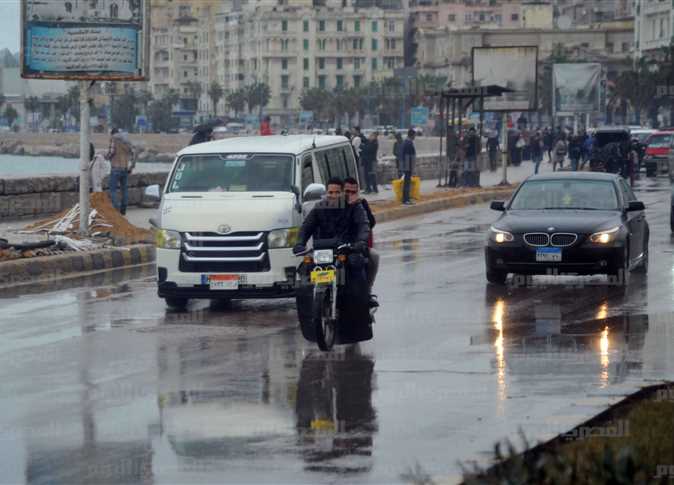Tens of thousands of Egyptians rallied in Tahrir Square Friday vowing that their revolution would continue until Hosni Mubarak’s regime is completely uprooted and the killers of revolution martyrs are convicted.
Despite the heat, protesters continued to flood the square from Friday morning well into the afternoon, just as they did during the 18-day-uprising that forced Mubarak out of power in February.
With banners reading “A real purge, real trials, a real cabinet”, and slogans including “The revolution will stay on until victory is achieved”, demonstrators expressed their dissatisfaction with the performance of the cabinet and the Supreme Council of the Armed Forces.
“We have not seen any change since 25 January. We still have the same regime. We want change not just reform,” Wael Ismail, a 46-year old human resources manager with a private company told Al-Masry Al-Youm from the square.
“The remnants of Mubarak’s regime should be kept away from the political life,” a Muslim preacher dressed in a traditional robe and turban told the crowd from above a stage erected in the heart of the square.
“We should have fair and fast trials. All those who are accused of killing protesters or accused of other crimes should be held in custody until a verdict is handed down,” added the imam, addressing thousands of protesters who stood in rows to listen to his sermon before performing Friday’s congregational prayers.
Today’s protests comes on the heels of growing disenchantment with the ongoing trials of officials, including former Interior Minister Habib al-Adly, his aides and police officers implicated in killing at least 846 protesters during the revolution. Suez erupted with public outrage after a criminal court ordered the release of seven officers on bail last week. The decision provoked victims’ families and culminated in violent clashes with the police.
Many are frustrated with the sluggish trials of Mubarak, his sons and cronies who have been detained on grounds of killing protesters and profiteering. In recent days, many commentators have attributed the pace of the trials to the influence of corrupt judges who had strong ties with Mubarak’s regime. Only yesterday, Egypt’s public prosecutor referred 25 suspects including Mubarak’s top aides Safwat al-Sherif and Fathi Sorour to criminal court on murder charges related the so-called "Battle of the Camel". On 2 February, Mubarak supporters raided the square on camel and horseback, attacking protesters.
“I am here because I cannot keep silent to injustice,” said Abdel Hamid Zayd, 34, an Arabic teacher who traveled to Cairo from the Delta province of Damietta to attend the protest. “The blood of those people [martyrs] should not go in vain. All the efforts we exerted should not go in vain either. Corruption should not persist.”
Mohamed Ibrahim, a 30-year-old teacher, said, "We want three things: Mubarak and his men should be tried in public, the Interior Ministry should be purged, and police officers accused of killing protesters should not go to work until the court decides on their cases.”
The Interior Ministry came under harsh criticism after Central Security Forces clashed with protesters in Tahrir Square on 28 and 29 June, deploying tear gas and rubber bullets and moments that recalled police violence during the early days of the revolution.
Since then, political forces have been speaking adamantly about the need to revamp the ministry and rid it of Mubarak loyalists. Activists also seized the opportunity to complain about police officers who are still on active duty while they face trial on murder charges.
“If the SCAF and the cabinet do not respond to [these demands], I am ready to stay here for 12 months starting from today,” vowed Ibrahim.
Some political forces have called on protesters to stage an open-ended sit-in in the square to increase pressure on the military. However, other groups such as the Muslim Brotherhood opposed the idea and have asked followers to withdraw from the square following afternoon protests.




